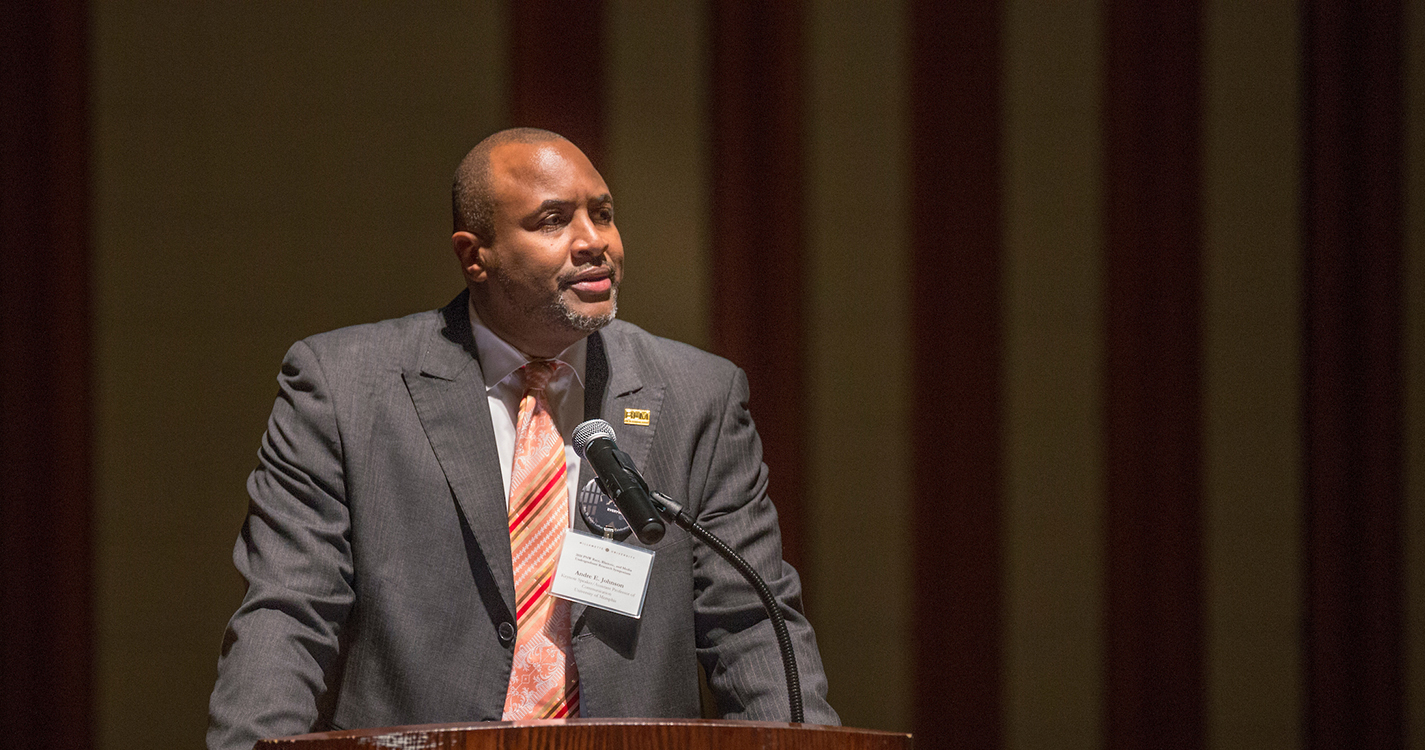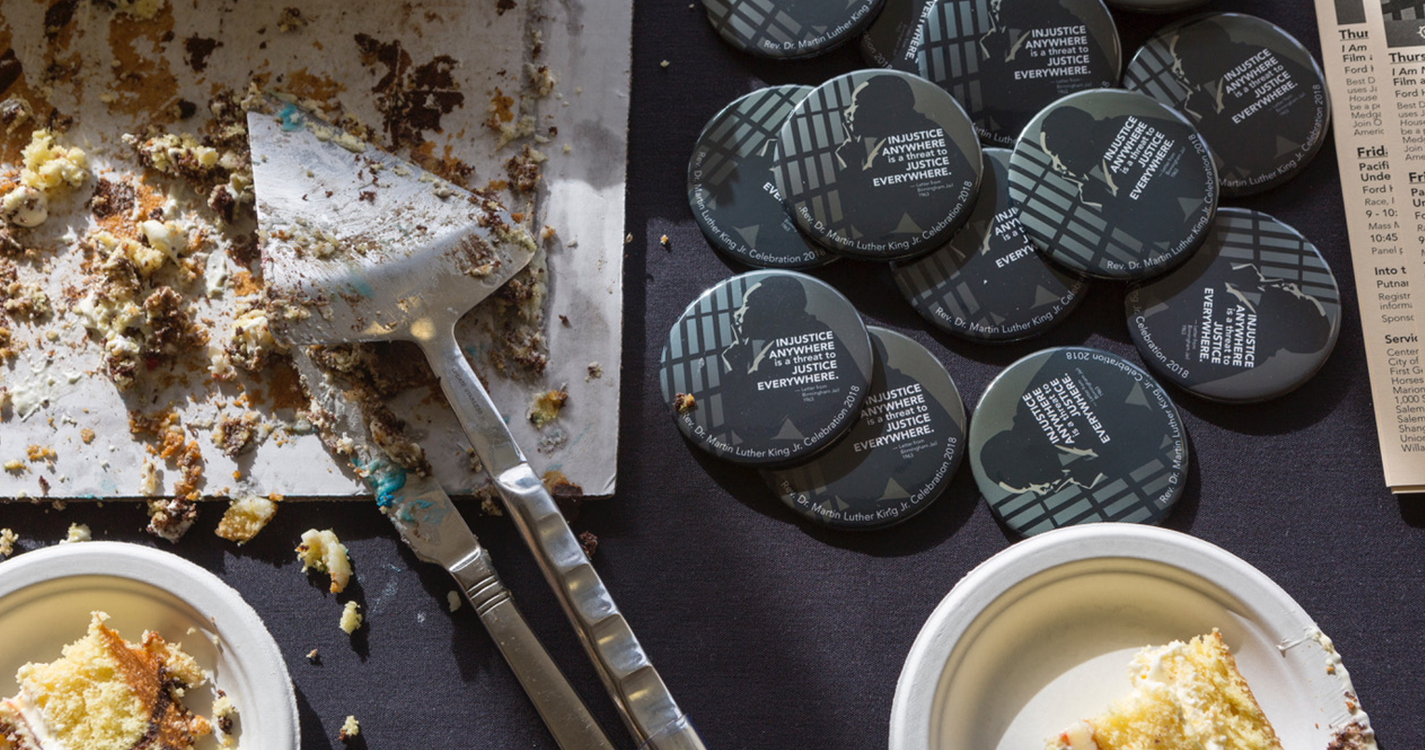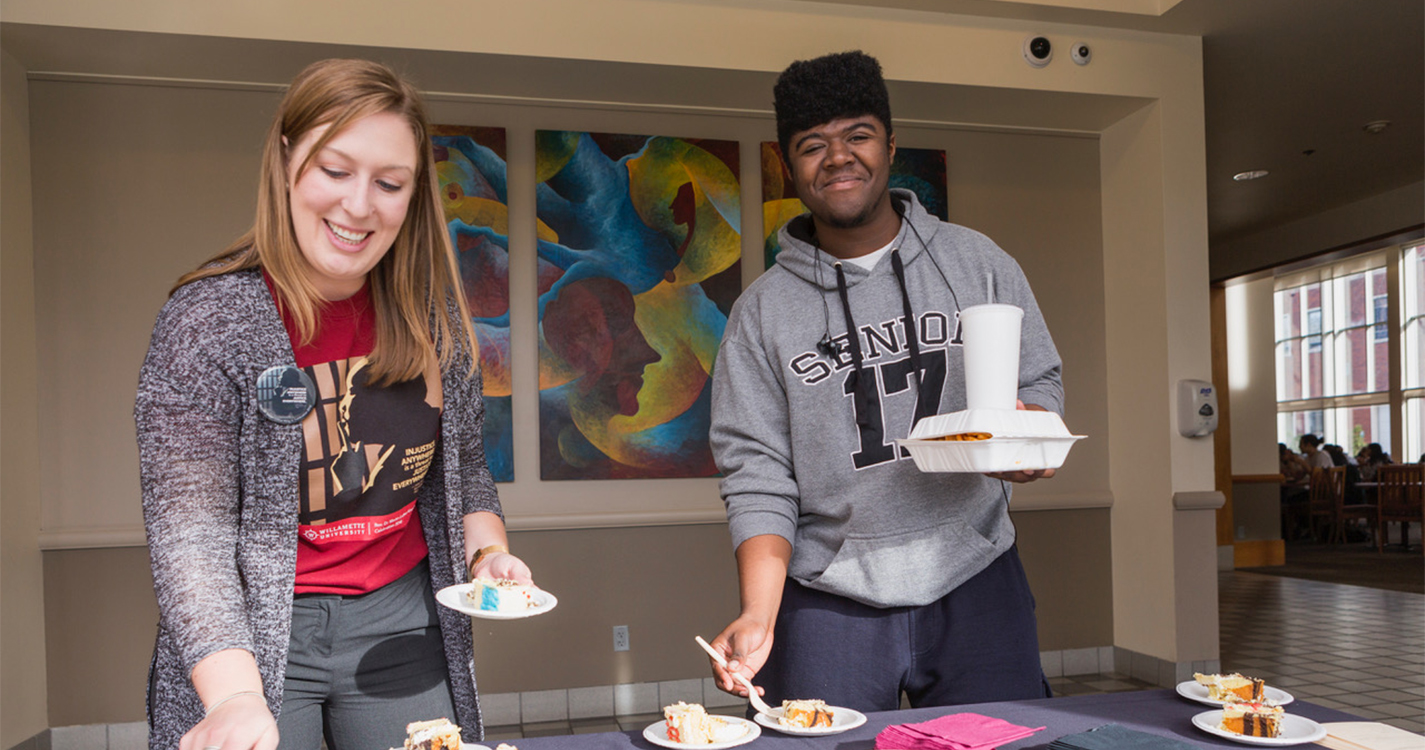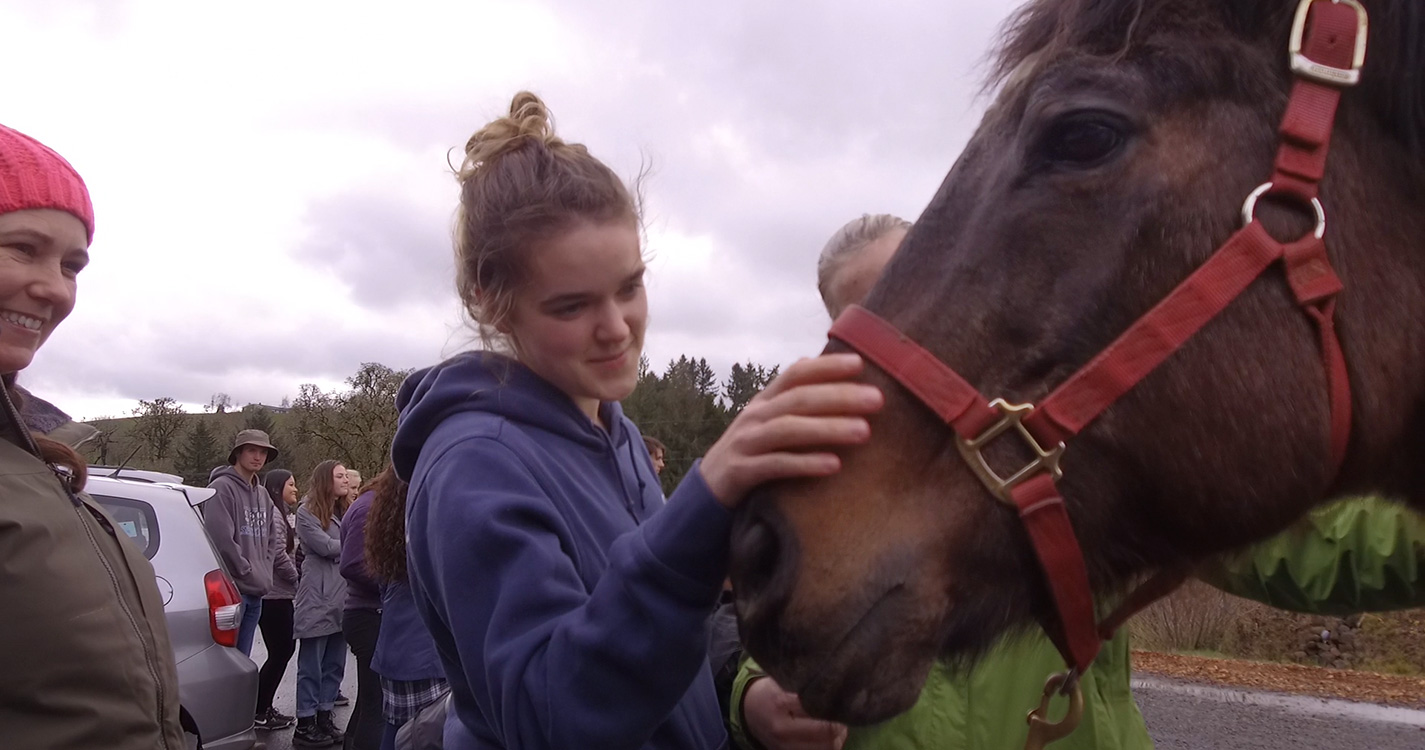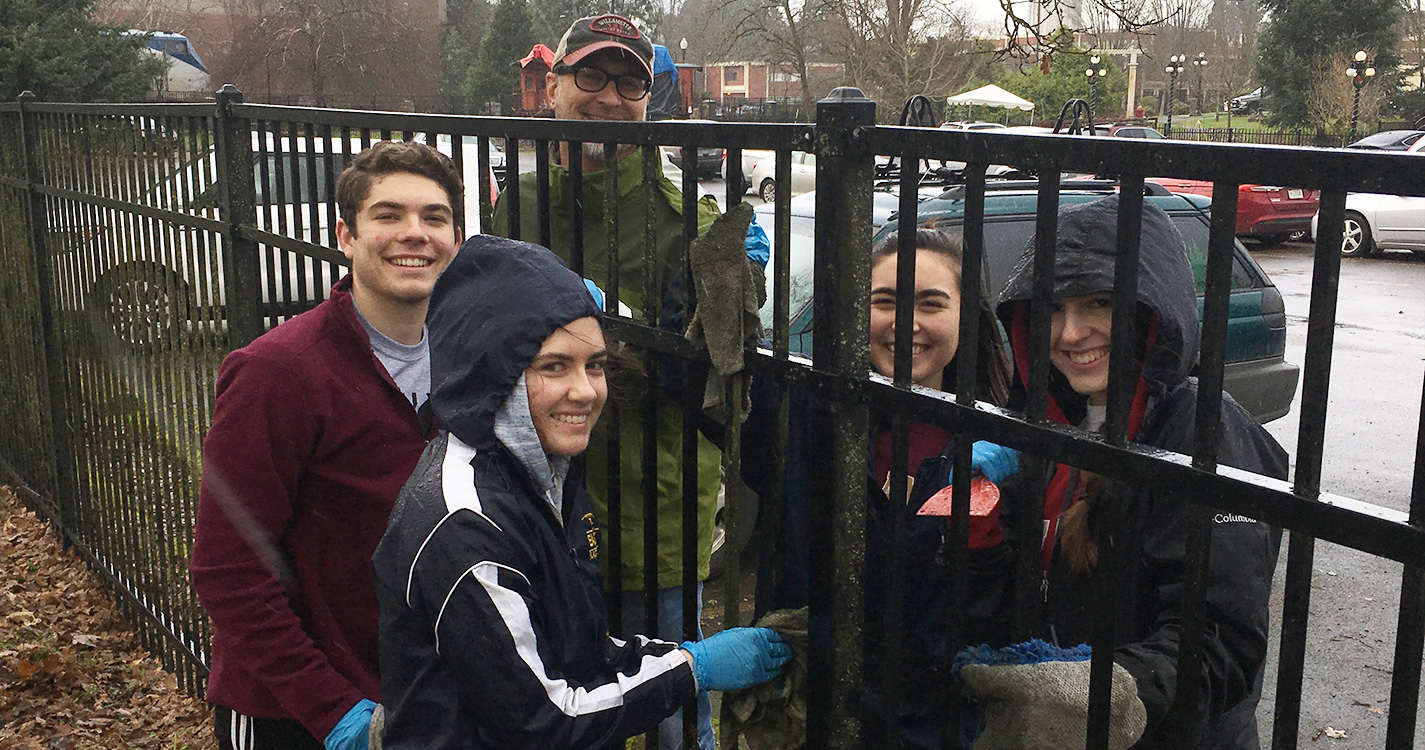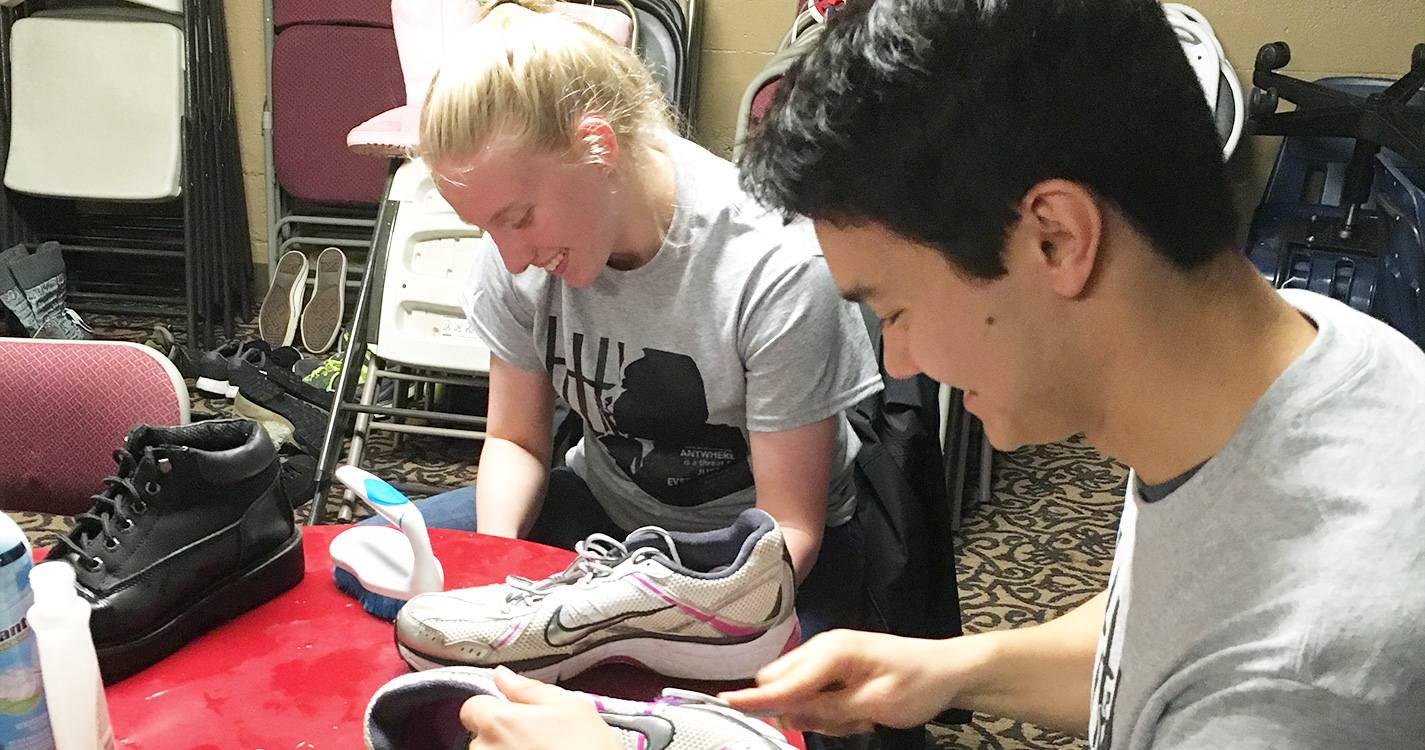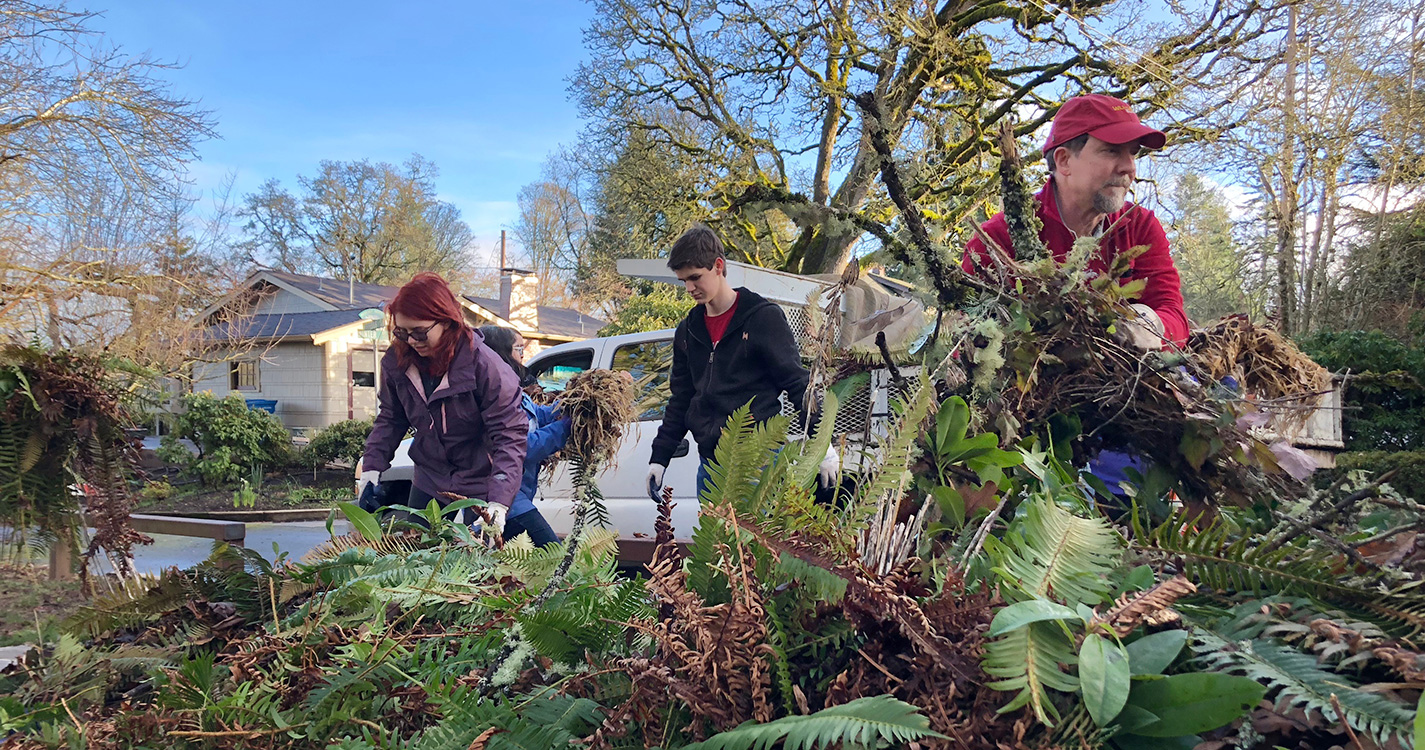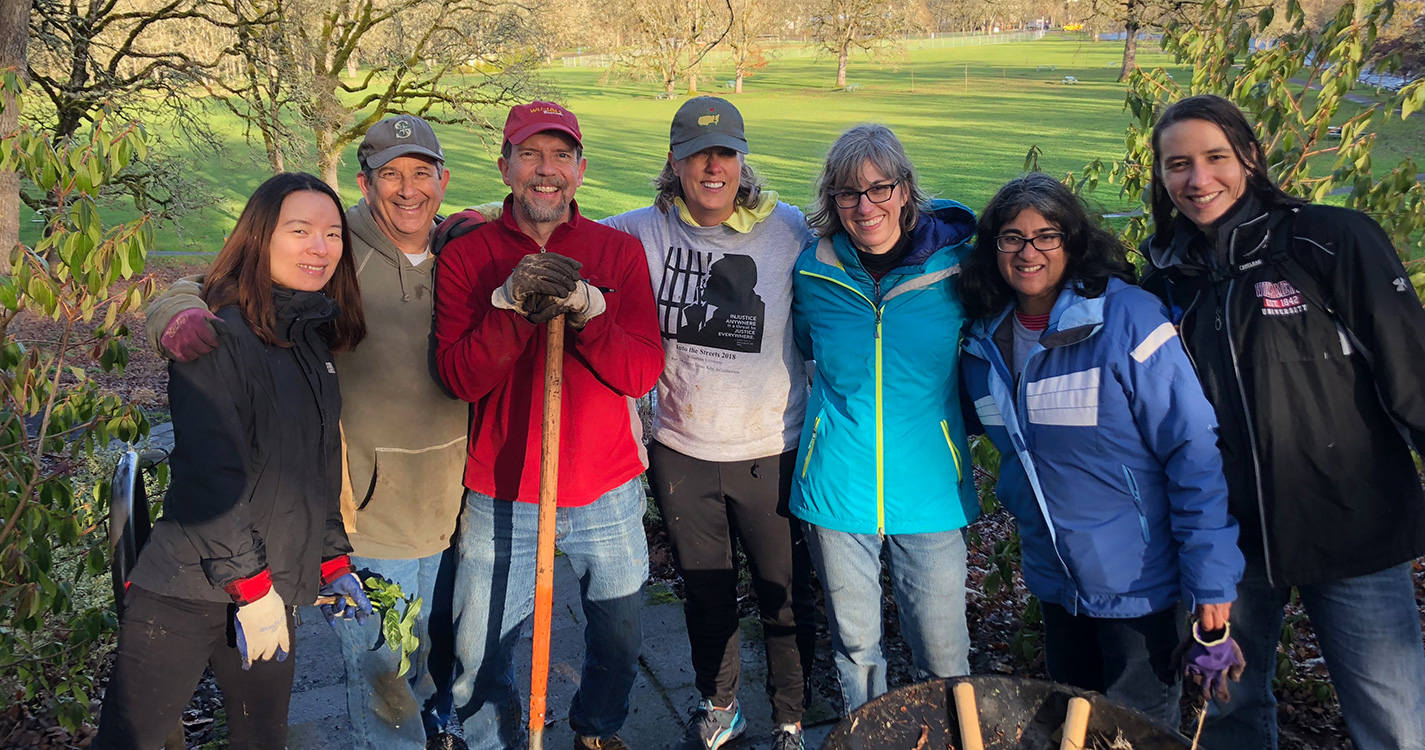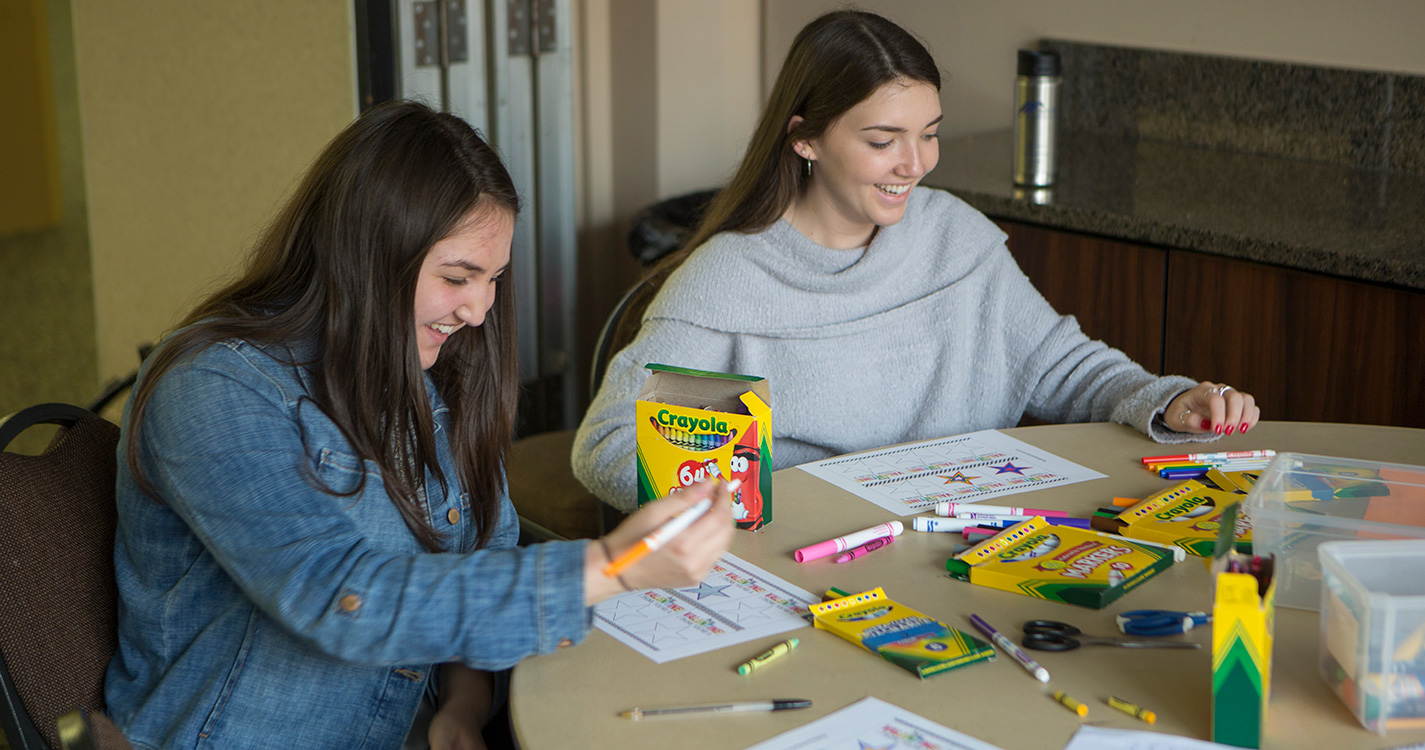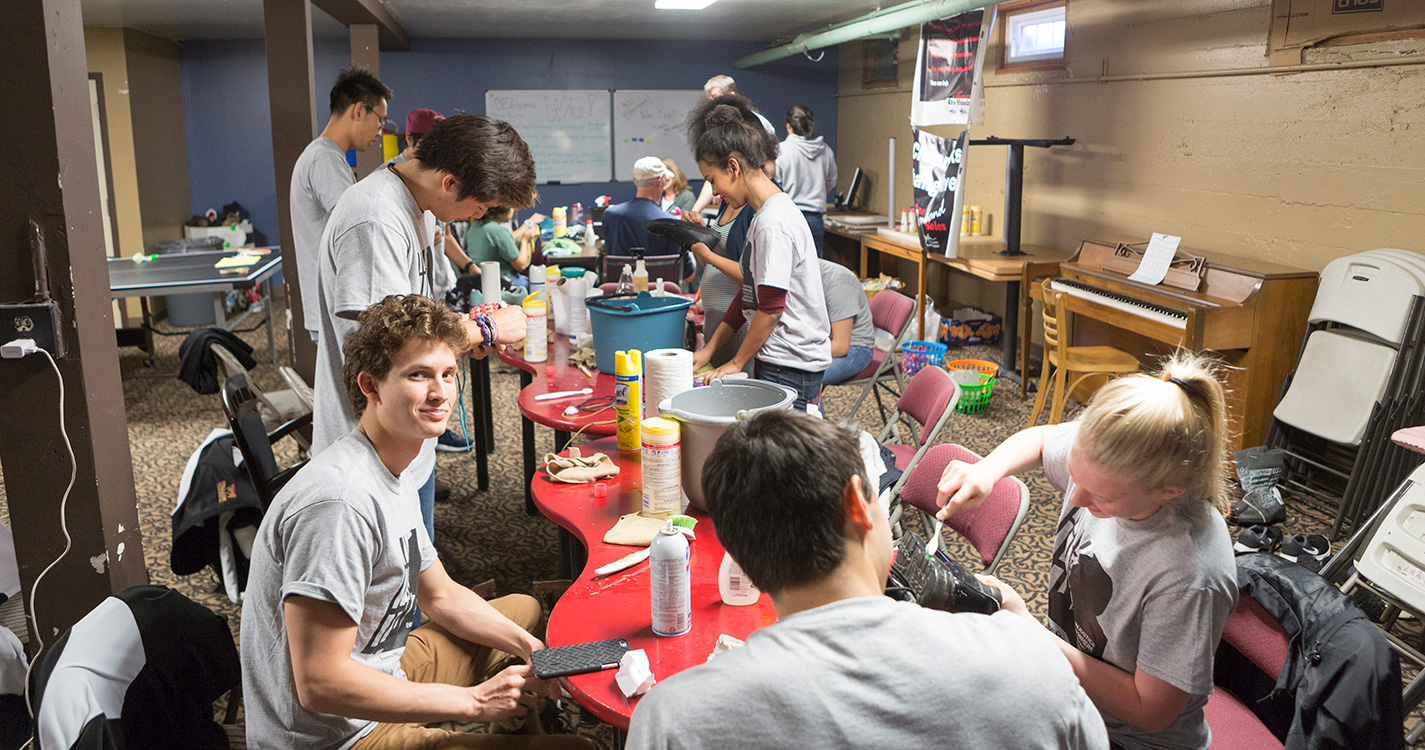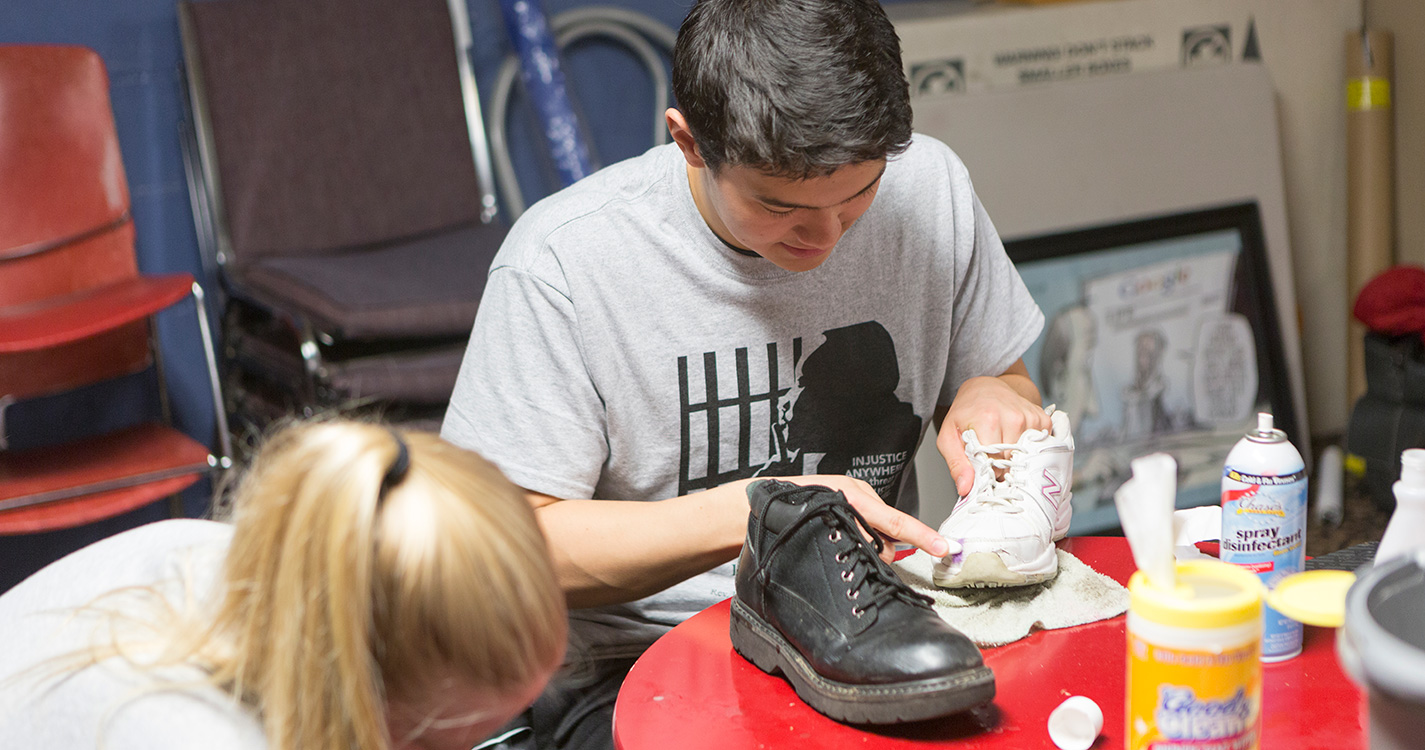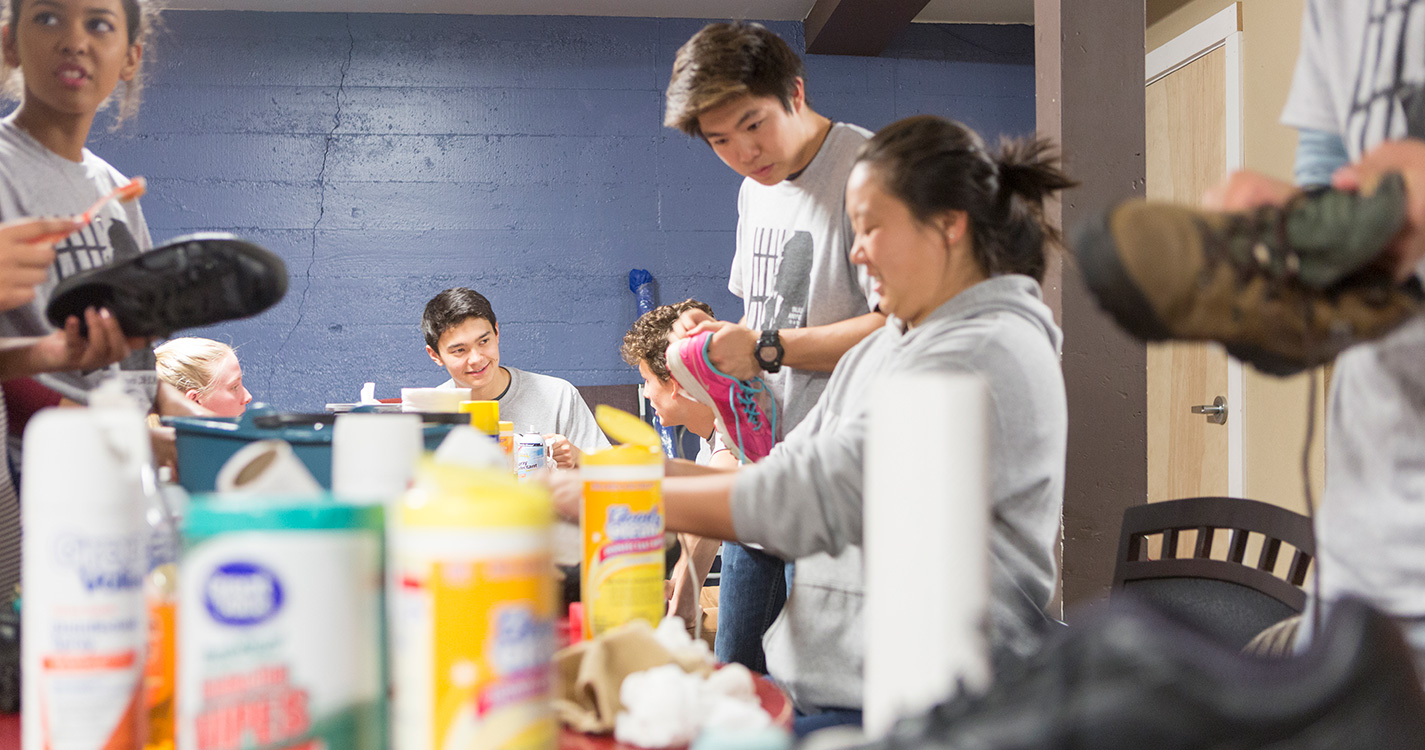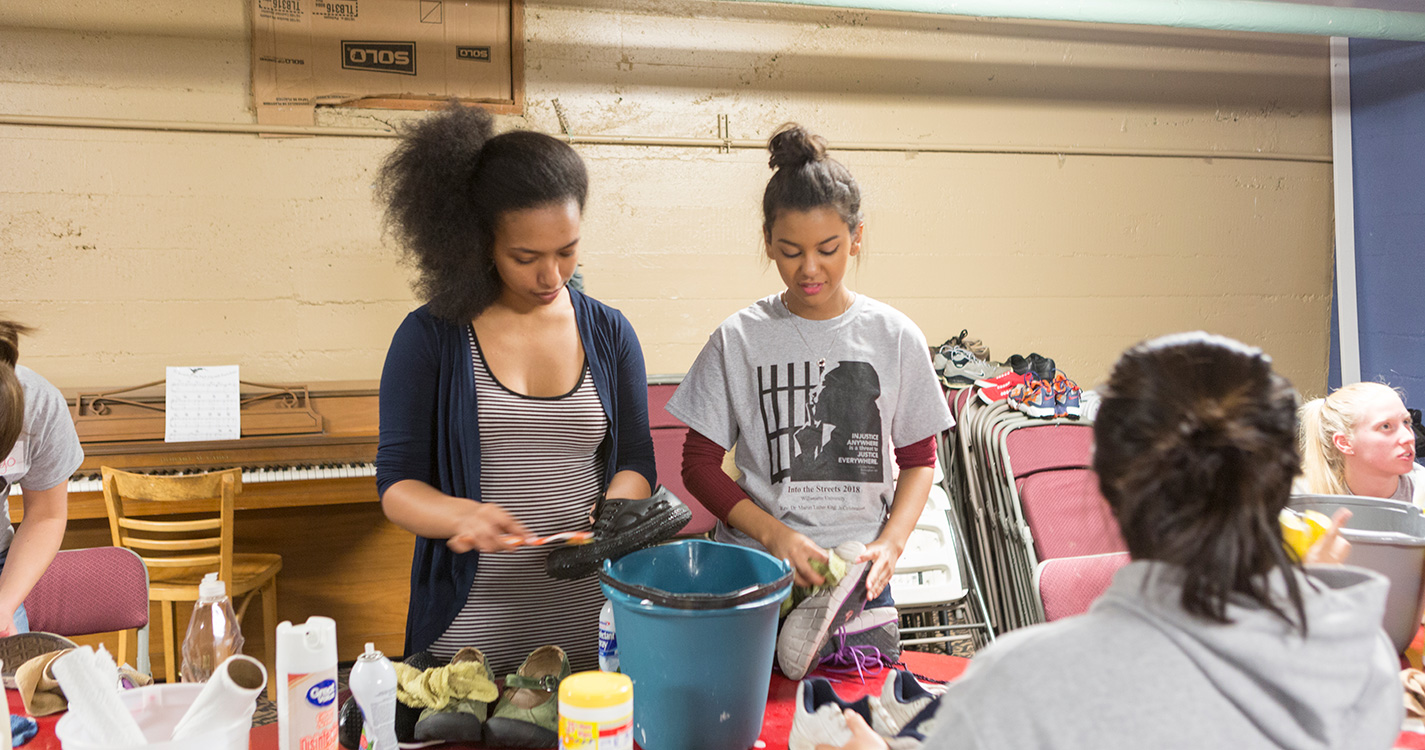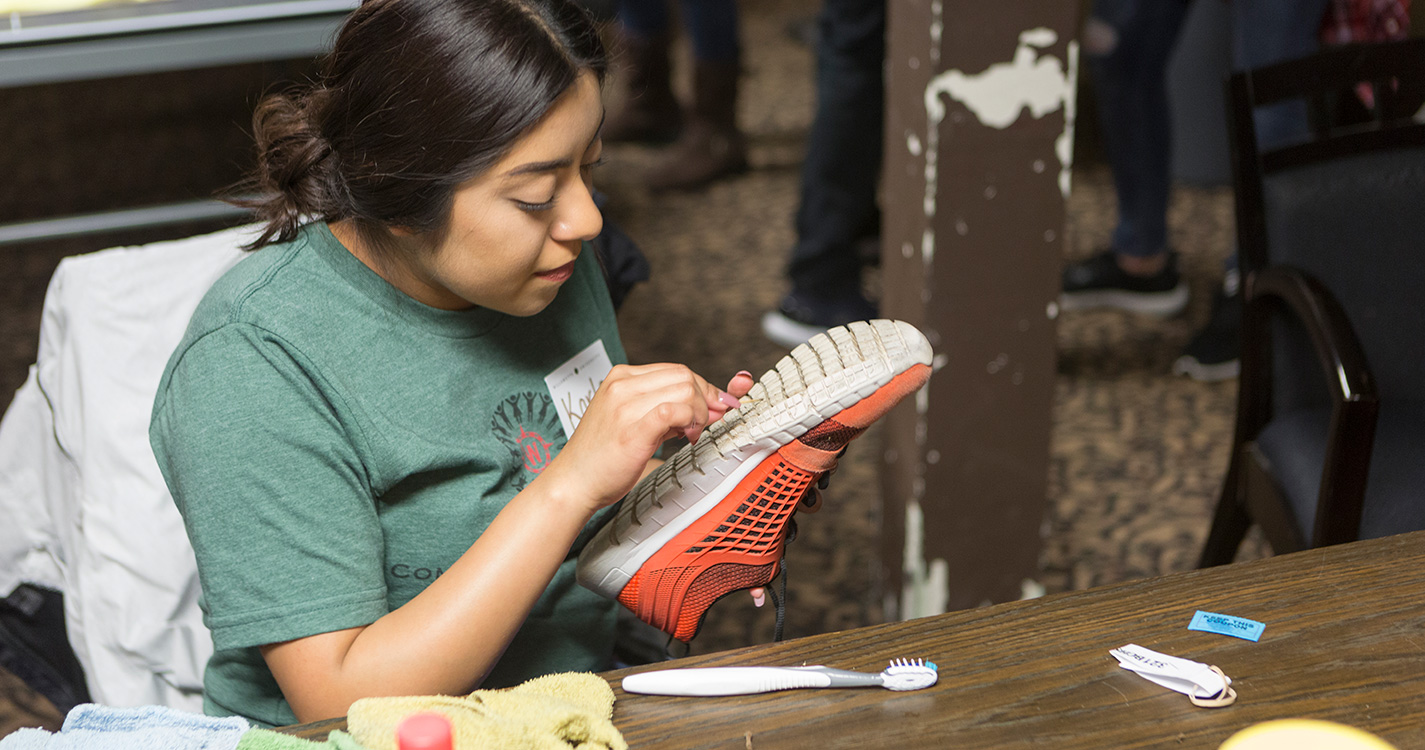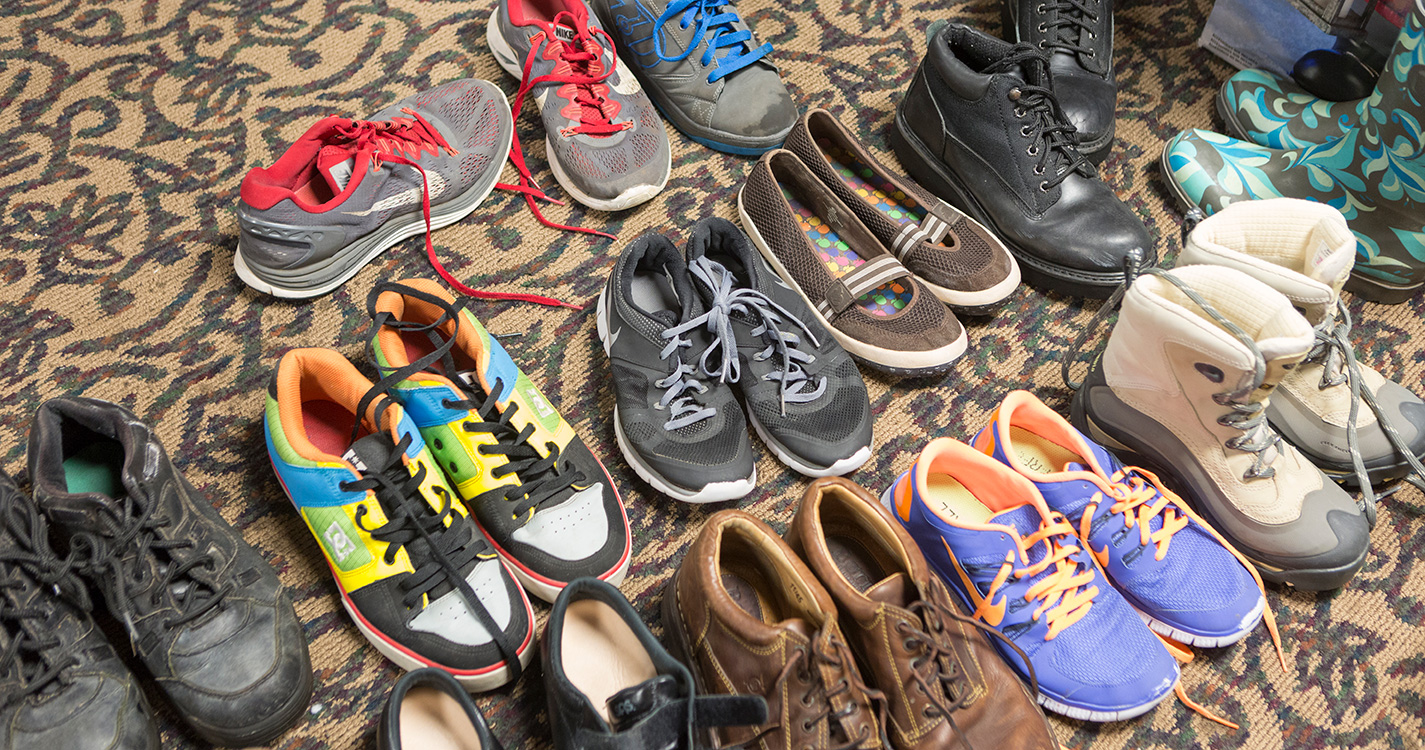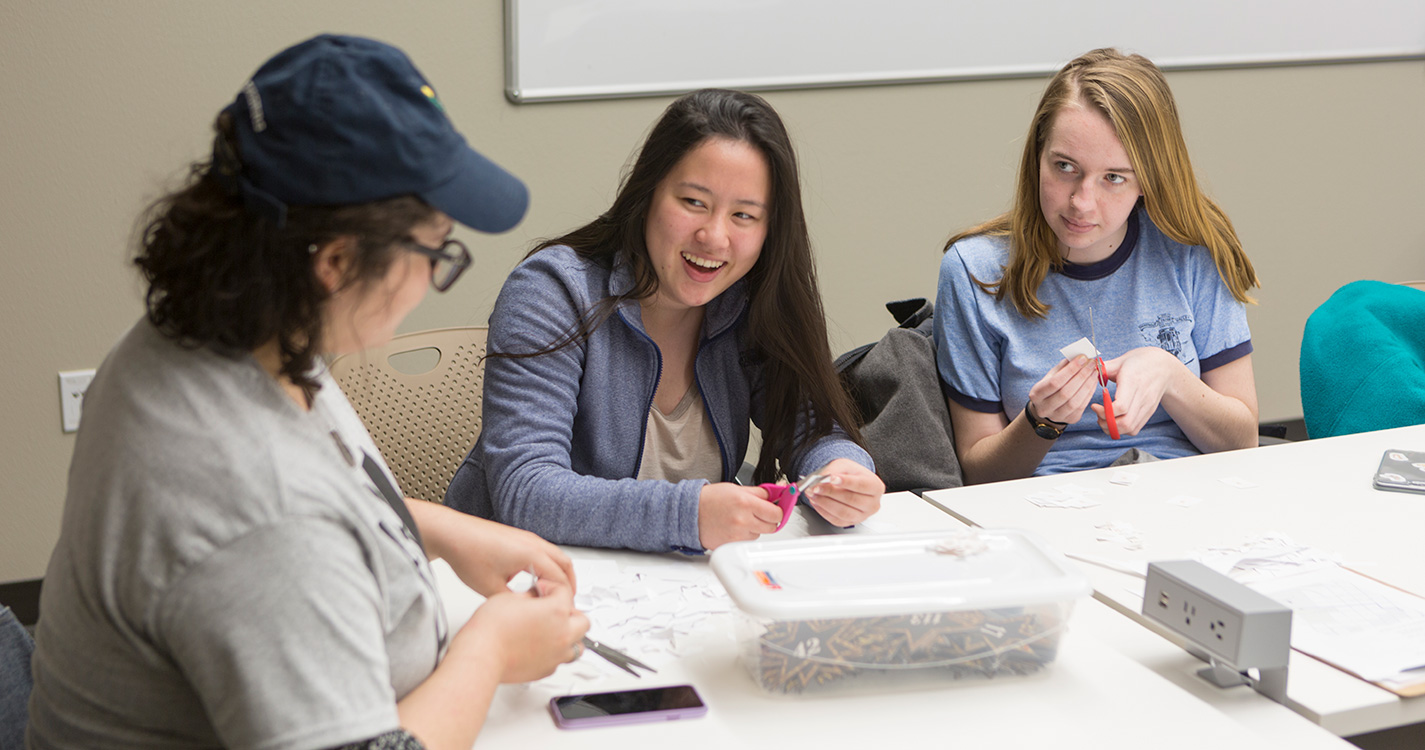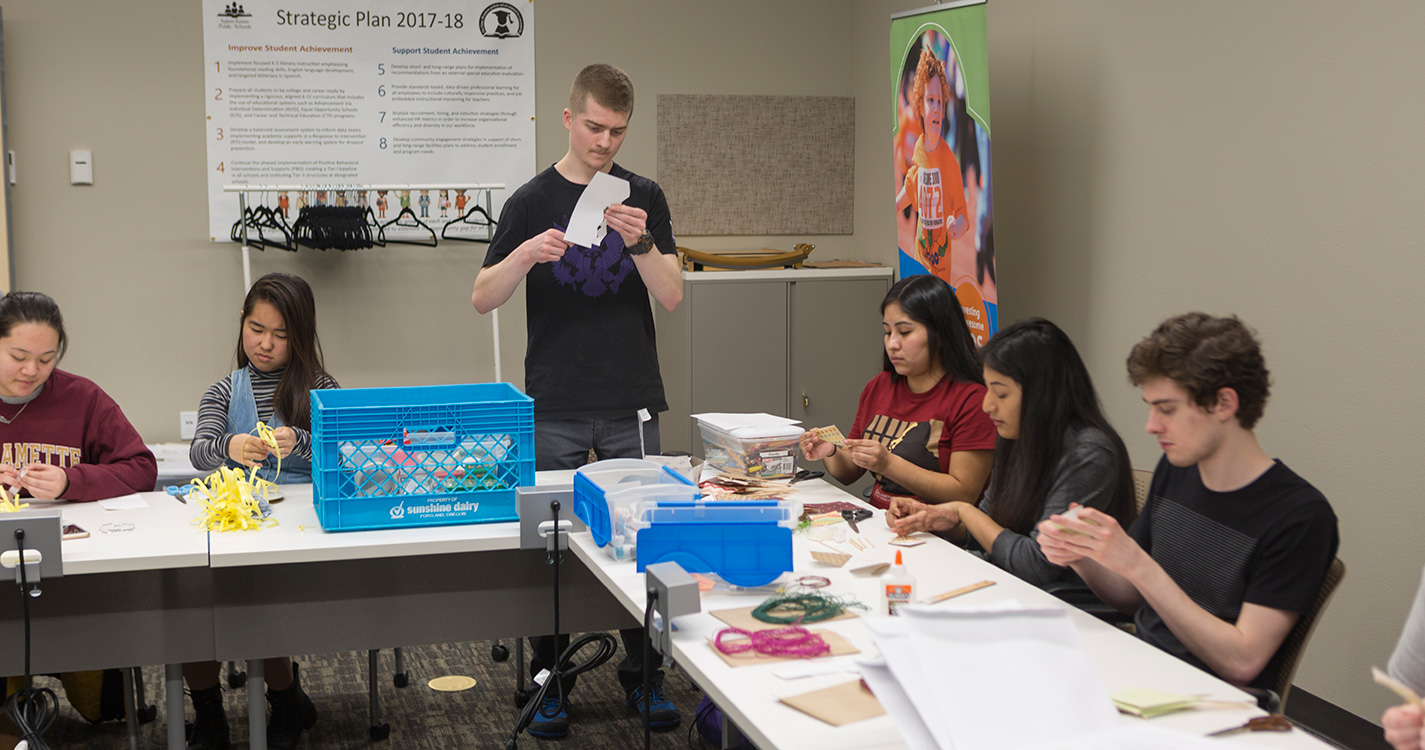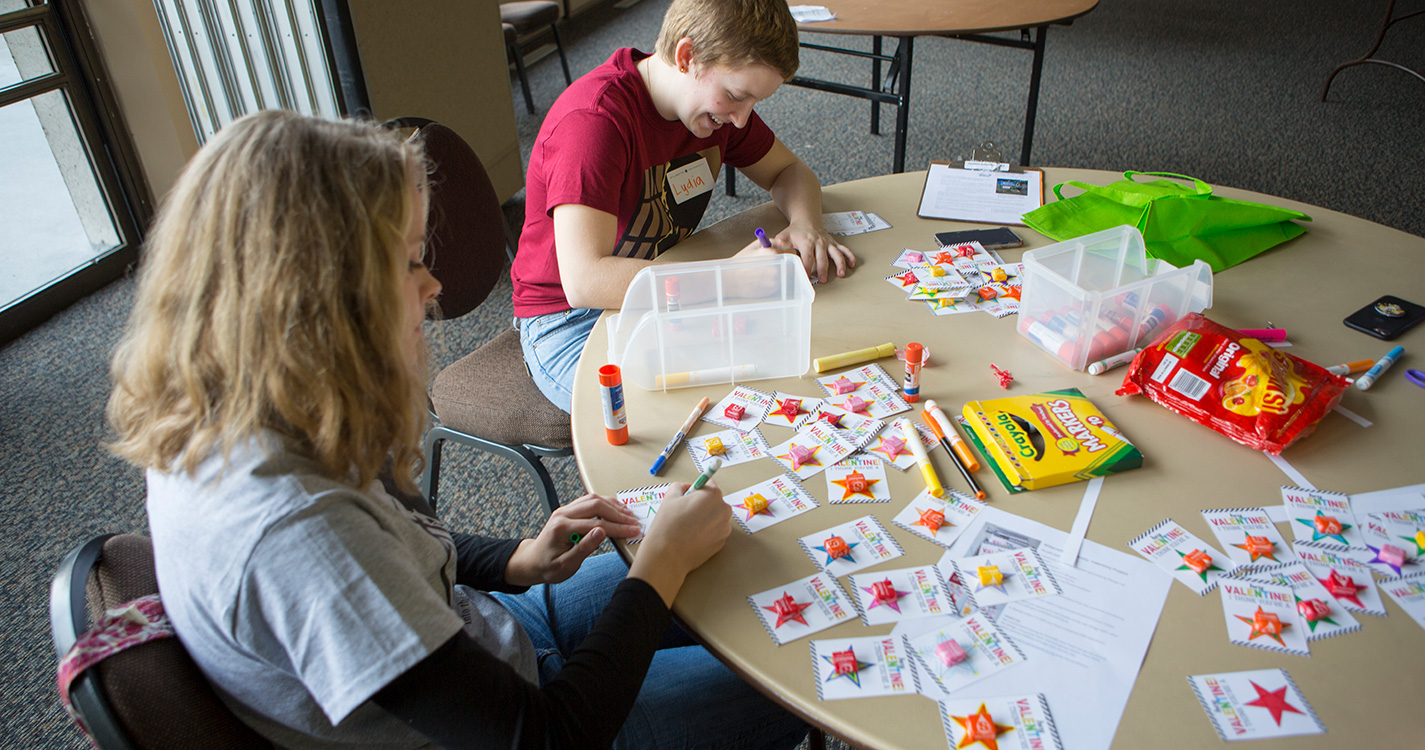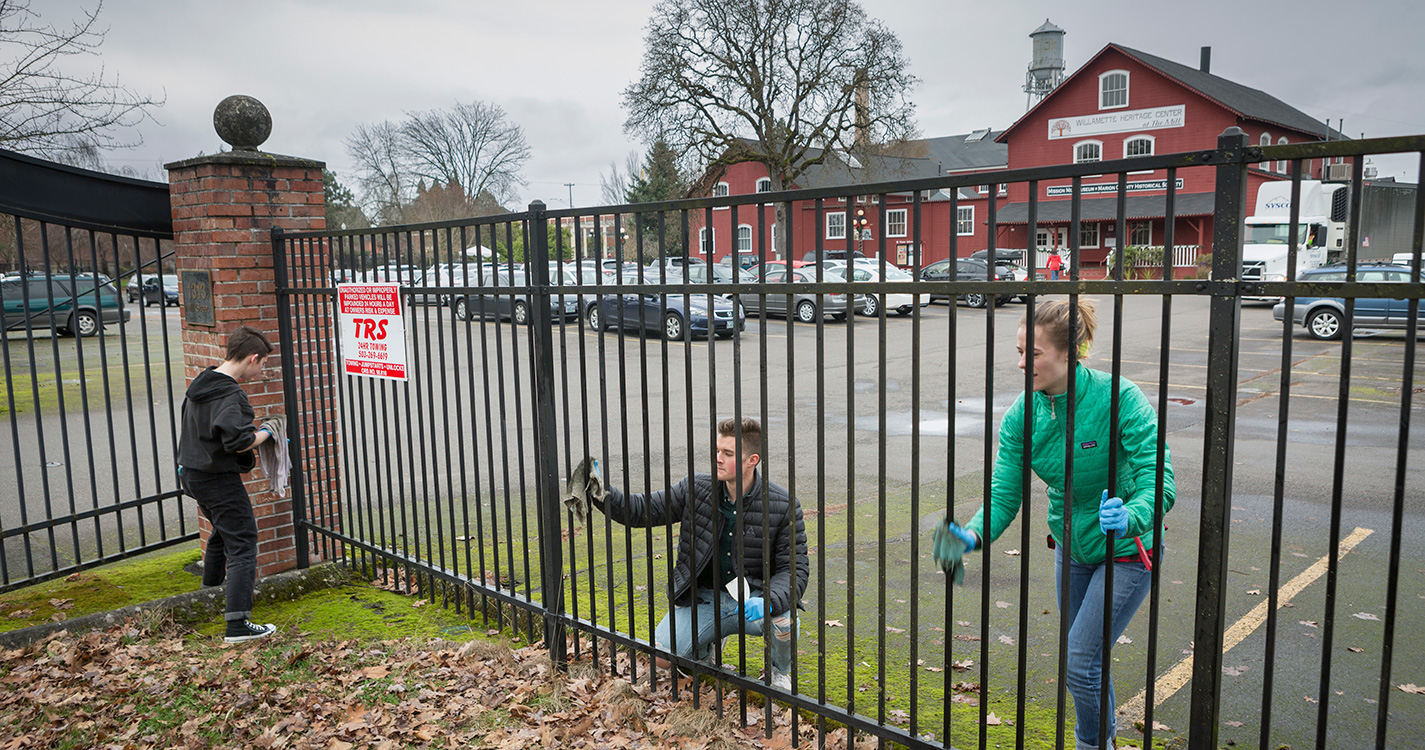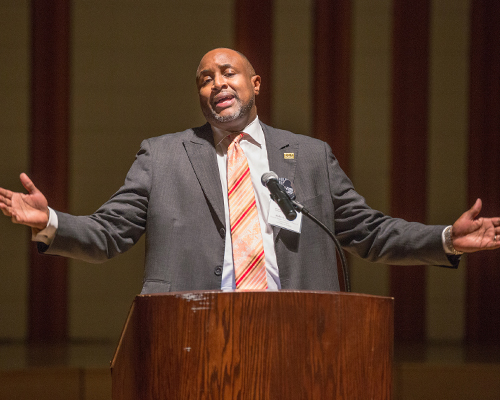Fifty years after Rev. Martin Luther King Jr. was assassinated, what progress has America made in achieving his dream of racial equality and social justice?
“Poverty is still an issue in the richest country in the world. Racism is still an issue,” pointed out Andre E. Johnson, assistant professor in the Department of Communication at the University of Memphis, in an evening lecture as part of Willamette’s annual celebration of King’s life and legacy. This year’s celebration adopted the theme “Injustice Anywhere Is a Threat to Justice Everywhere,” a phrase taken from King’s letter from Birmingham Jail.
In his lecture, “‘Why America May Go to Hell’: The Prophetic Pessimism of Rev. Martin Luther King Jr. and the Trump Era,” Johnson offered insights into the more radical aspects of King, particularly his religious rhetoric within the African-American prophetic tradition. Johnson also discussed such topics with MLK Book Club students, who read a collection of his essays, blog posts and popular and academic talks.
“Through the lament tradition, King portrayed the suffering of his people, chronicling (their) pain and suffering,” Johnson said in his lecture. “He gave voice to the voiceless.”
“Why America May Go to Hell” was the title of King’s final, undelivered sermon, a protest against racism, poverty and the nation’s failure to live up to its founders’ assertion that all men are created equal. In his lecture, Johnson described some of King’s struggles against “the sickness of racism, excessive materialism and militarism” in the 1960s and drew parallels with current events in America.
“Racist and sick language is coming from the halls of power. The rich are getting richer, the poor are getting poorer,” he said. “If we are to honor King, we must bear witness to the truth in our time.”
An ordained minister as well as an academic, Johnson often channeled the spirit of King with his powerful, impassioned oratory. He used examples from King’s activism — and his own recent experiences helping remove Confederate statues from Memphis city parks — to encourage people to take action against injustice and inequity.
As Johnson noted, despite King’s pessimism in the last year of his life, he never gave up hope or his belief in the contagious, transformative power of hope.
“King tells us that we must keep keeping on,” Johnson said. “The road will be hard. But stand for truth. Be on the right side.”
Earlier in the day, some 180 Willamette students, faculty members and staff honored King’s commitment to others — and exemplified the university’s motto — by participating in the annual Into the Streets community service project.
Together, they volunteered 520 hours of service to organizations including the Center for Hope and Safety, Horses of Hope, Marion-Polk Food Share, 1,000 Soles, the Salem-Keizer Education Foundation and the Willamette Heritage Center. They painted fences, cleaned shoes for donation, packaged food and spread mulch on park trails.
Even the occasional rain storm couldn’t dampen the feel-good factor of helping others. As Caden Crowston ‘18, one of the volunteers at Horses for Hope, noted: “Volunteering in our community is a great way to make an impact as a university student.”

